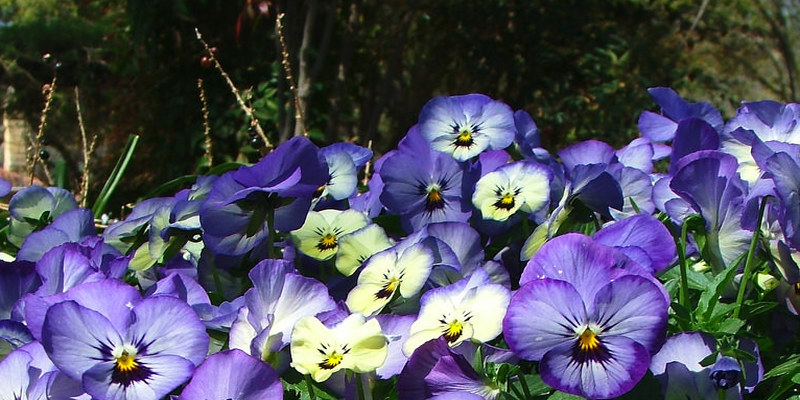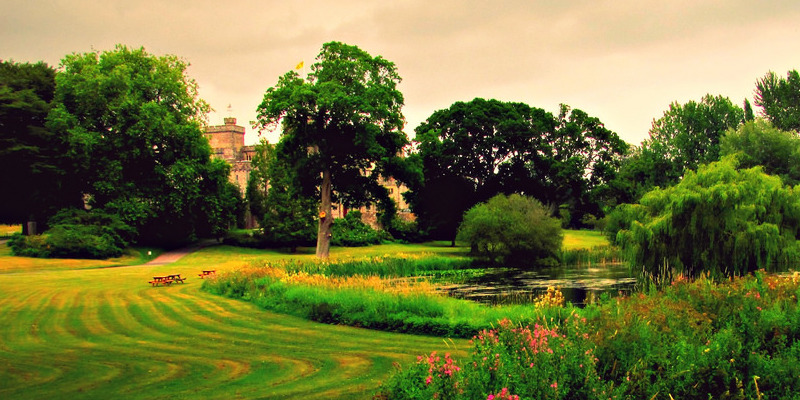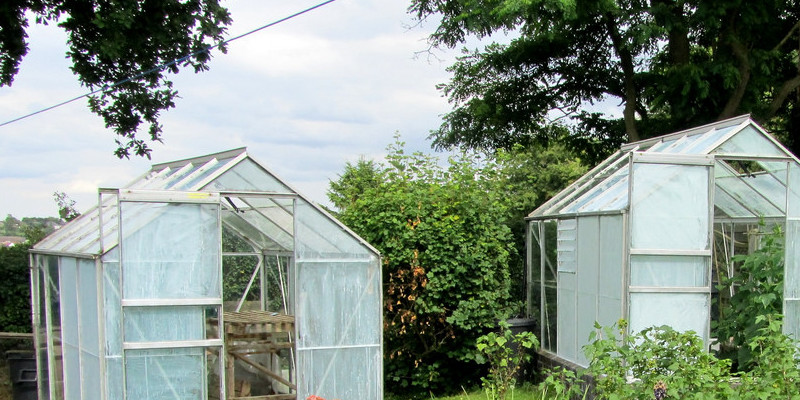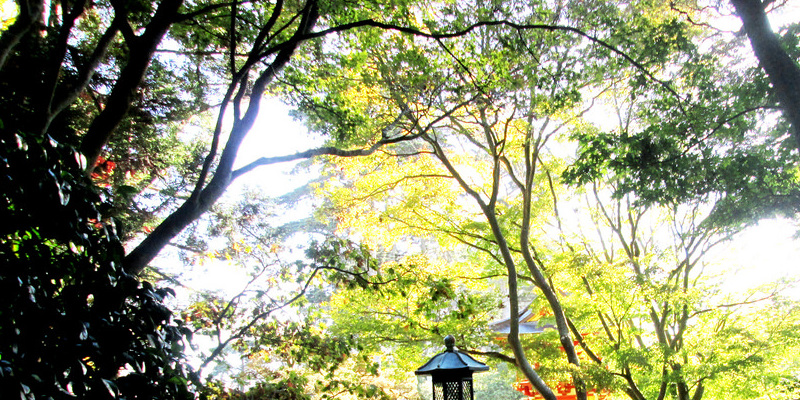Artichokes (Cynara scolymus) make a tasty addition to any dining room table, as well as a wholesome one, as they can be loaded with fiber, folate, vitamin C and other nutrients. Ideal for Sunset’s Environment Zones 8 and 9 and 14 through 24, artichokes may be planted in winter or spring and prosper in climates with foggy, great summer climate. Inspect artichokes frequently for pests like aphids, snails, slugs and caterpillars, utilizing insecticide if required. Artichokes are feeders that are pretty large, so make certain they’ve most of the fertilizer they require.
Soil Fertilizer
Prepare the backyard for artichokes by utilizing a shovel to carefully mix the soil with compost or manure, which provides essential nutrients. Use 3 to 4 inches of manure or compost, mixed into a depth of six inches, for every 100 square feet of area to be utilized.
Treat the crops through the growing period every four weeks with normal doses of fertilizer, as quickly as the artichokes arise. Use a fertilizer containing well-balanced quantities of phosphorus, nitrogen and potassium, to produce the soil artichokes that are abundant need, according to Organic Gardening. Give two teaspoons of fertilizer for every Shrub Removal prices Bakersfield, putting it to the medial side of the Stump Removal estimates Phoenix, AZ at its foundation. Spray the fertilizer using a hose to ensure it is assimilated from the soil and absorbed by the artichokes.
Give the crops doses of fish or sea weed extract emulsion every few weeks. High in micro-nutrients, these water soluble fertilizers are rapidly absorbed by the roots of the aritchoke. Before implementing the extract or emulsion to avoid root injury; dilute a serving of the fertilizer in several gallons of water before implementing it, as suggested by Red Fern Farms water artichokes.
Apply a layer of mulch when it decomposes, scattering it around the crops across the artichokes, which functions as an organic fertilizer. Use cuttings or Lawn Care service Fort Lauderdale clippings from vegetable crops as mulch, which encourages optimum development. Cover the artichokes made from hay while maintaining the crops warm enough to endure to another season in the winter, which gives nutritional elements.



